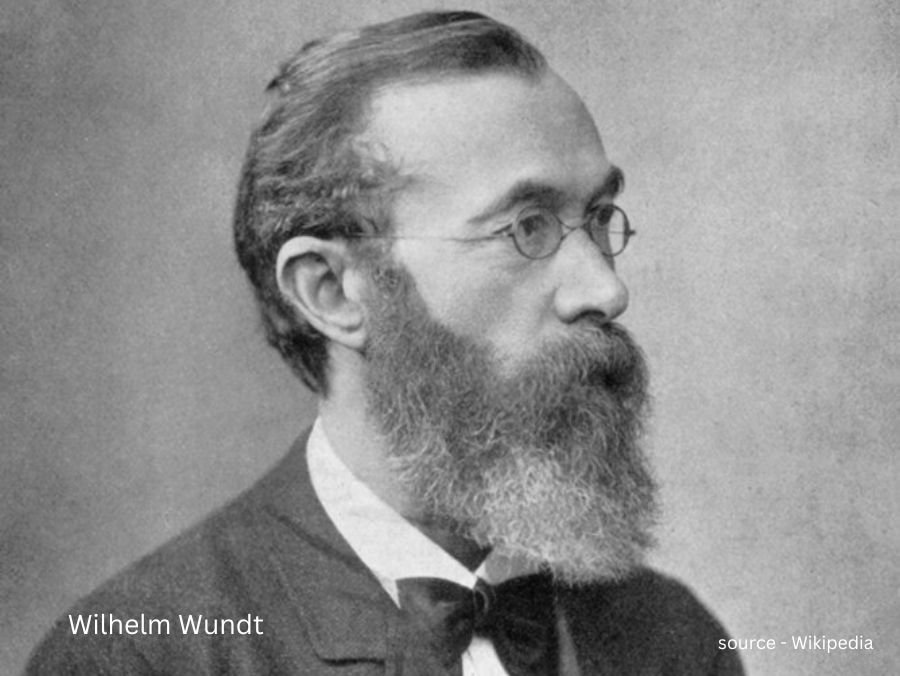William James, widely known as the father of American psychology is one of the leading pioneers in the field of psychology. His magnificent works include The Principles of Psychology, The Varieties of Religious Experiences, The Will to Believe, Pragmatism, Essays in Radical Empiricism and The Pluralistic Universe. His ideas have been a direction to new researchers, be it his proponents or critics.
Personal Life
William James had a strong influence from his father, Henry James, who himself was an expert in philosophy and science. Earlier James was interested in painting and got trained under none of the famous painters but later continued to have his expertise in chemistry, medicine and even natural science; none of which were successful in captivating his interest. James sank into depression and other health problems which started his journey into psychology.
One of his most famous statements is that the first lecture he received on psychology was the first lecture he took. James is known to have started the learning of psychology in America. Along with this, he also established the first laboratories of psychology. His books and theories are widely known, both with proponents and critics. His work has a diversified approach covering various schools of psychology.


James’ School of Functionalism:
Wilhelm Wundt gave structuralism, one of the first schools of psychology. James brought forward functionalism as the theory on the polar end of structuralism. Structuralism focuses on getting to the smallest elements, with a focus on introspection whereas functionalism focuses on seeing the bigger picture, often getting into the underlying causes, especially biological ones. As the term functionalism suggests, the first focus is on the function of a task, to find the purpose of something being done.
Functionalism revolves around searching for answers to get into the motivation of a task. This further helps in establishing a relationship between the outer world and the inner world. Focusing on the function that our mind performs, James compared it to evolutionary psychology; like how certain behaviour acts as survival skills, our mind has instincts that give it the complete mechanism it has for our best survival and functioning.
James-Lange’s Theory of emotions
James was intrigued by how emotions worked in the human body. He laid his foundation on the processes of physiology that occur within the body. He shapes emotions. For instance, crying makes us sad and smiling makes us happy. However, this theory is followed by a spectrum of criticisms focusing on how one body reaction can come up to different emotions, making it difficult to interpret emotions through this procedure.
Theory of self
James gave his theory of self signifying the difference between “me” and “I” where “I” is considered as an element of self and “Me” is considered a separate individual comprising elements of self. The “me” component is further divided into the maternal self (the belongings of an individual), social self (in the context of different social situations) and spiritual self (our core values, conscience and other aspects of personality).
The Concept of Pragmatism
James described the essence of the practical approach, emphasizing its central role in every cognitive activity. According to him, a practical approach lies at the heart of all our intellectual endeavours. He argued that any information or knowledge is truly valuable only if it can be utilized in its most practical form. This perspective insists that theories and ideas must prove their worth through real-world applications, serving tangible purposes and addressing concrete problems. James believed that the merit of our cognitive efforts is determined by their practical outcomes, making the utility and effectiveness of knowledge the ultimate measure of its value. This pragmatic philosophy underscores the importance of aligning our intellectual pursuits with practical needs, ensuring that our quest for understanding is always grounded in real-world relevance.
The Right to Believe
James signified the virtue of faith. He describes how believing in a statement can make it a fact. When there is no other alternative having faith is the right to believe. For instance, on an icy ledge crossing, there is no proof that we can cross it but believing in it can make it a fact. This right to believe goes consciously and subconsciously with our moral as well as political values.
Religion
James had a very strong and specific opinion on religion. Instead of a religious institution or idea, he focused on the mental interpretation of religion. According to him, religion can act as a medium to connect to spirituality. The concept of connecting oneself to religion, makes a person believe in how he is in a way linked to something divine. He emphasised on importance of religion in the spiritual development of a person.
William James, often regarded as the father of American psychology, revolutionized the field with his practical approach and groundbreaking theories. His emphasis on applying knowledge in real-world contexts, along with his establishment of the first psychology laboratories in America, shaped modern psychology. James’ ideas, including functionalism and his insights on emotions and religion, continue to influence research today. His legacy underscores the importance of bridging theory with practical application in psychology for meaningful impact.
References +
- William James. (n.d.). Department of Psychology. https://psychology.fas.harvard.edu/people/william-james
- Ruhl, C. (2023). Who was William James And How Did He Influence The Field of Psychology? Simply Psychology. https://www.simplypsychology.org/william-james.html
- William James (Stanford Encyclopedia of Philosophy). (2021, November 3). https://plato.stanford.edu/entries/james/
- Leary, D. E. (2019). William James and British thought: then and now. BJPsych Bulletin, 44(2), 53–56. https://doi.org/10.1192/bjb.2019.56







Leave feedback about this